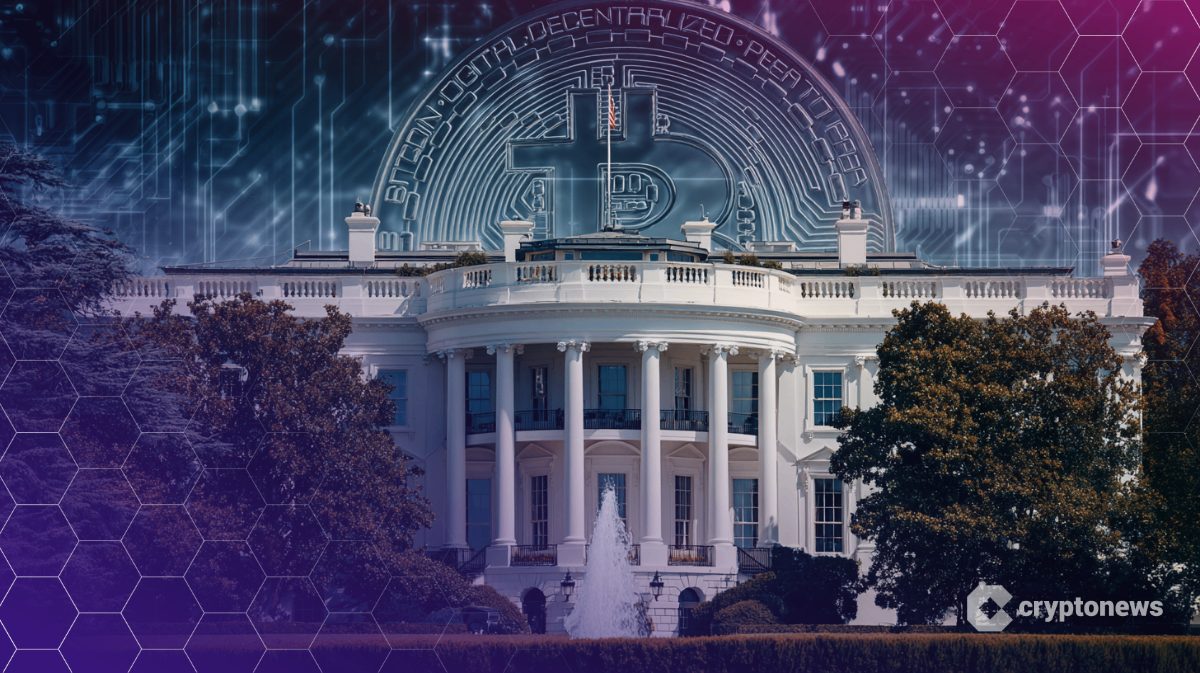Bank of China Hong Kong advances e-HKD trials with live blockchain test
Bank of China Hong Kong is moving forward with its central bank digital currency (CBDC) project and has completed another phase of testing the digital Hong Kong dollar.
- Bank of China Hong Kong has completed another phase of its digital HKD trials.
- More than 1,500 transactions were tested using simulated e-HKD vouchers.
According to local media on August 5, the Bank of China Hong Kong has wrapped up the second phase of testing for the digital Hong Kong dollar, e-HKD. This phase focused on two use cases to evaluate how the digital currency could work in real-world scenarios.
During the trials, nearly 500 participants were issued a unified digital wallet after completing identity verification. The wallet, built on BOCHK’s own alliance blockchain, was connected to multiple mobile banking applications for easy access and management.
Users then received simulated digital HKD vouchers, which they spent at local coffee shops, completing more than 1,500 test transactions. Each transaction required digital signatures from both the users and the banks.
The latest round of tests follows the first batch of pilots last year, where potential use cases in six categories were tested. This included full-fledged and programmable payments, such as government grant disbursement, offline deposits, tokenized payments, and the settlement of ‘web3’ transactions tokenized assets.
The HKMA said it will continue to collaborate with stakeholders to study the potential use cases of the e-HKD, as well as the challenges and concerns related to its implementation and design ahead of its potential launch.
What is e-HKD?
Unveiled in 2023, the Digital Hong Kong Dollar (e-HKD) is a central bank digital currency (CBDC) project led by the Hong Kong Monetary Authority (HKMA). It is part of a broader initiative called “Digital HKD Plus”, which is aimed at exploring the practical use of digital money in real-life settings, from retail payments to programmable finance.
If rolled out, e-HKD would become a recognized payment method in the region, available for individuals, businesses, and financial institutions. While no formal launch date has been set, the successful completion of the two scheduled pilots suggests a move toward implementation.
Beyond CBDCs, Hong Kong is also embracing privately issued stablecoins. The first stablecoin bill in the region’s history officially came into effect on August 1, establishing a unified licensing and regulation system for the issuance of fiat-denominated stablecoins in the local industry.
Meanwhile, the government also recently released its second policy statement on digital assets, targeting key areas like regulation and local adoption as part of its broader push to build a full-fledged digital ecosystem.
You May Also Like

Lancashire Police Turn Crypto Confiscation into £500K Anti-Crime Budget After Landmark Wallet Freeze

OpenAI releases powerful new AI model that anyone can run on their devices
